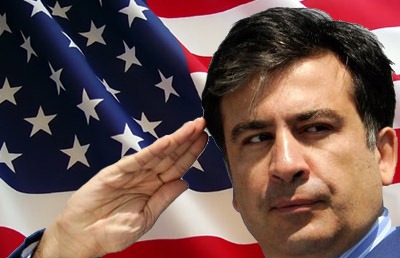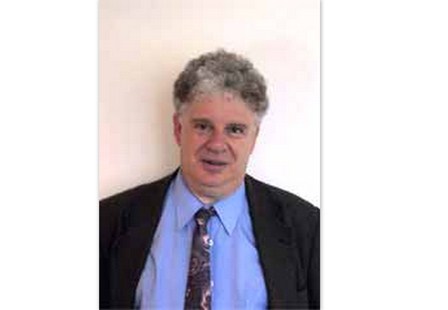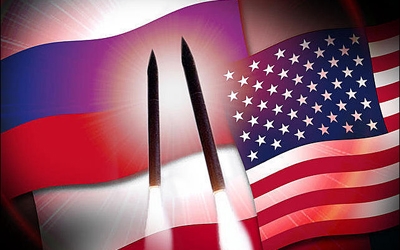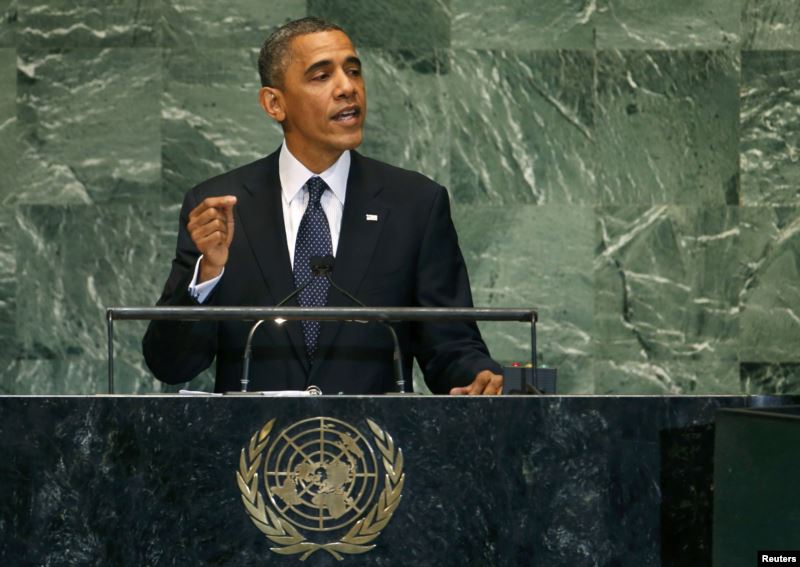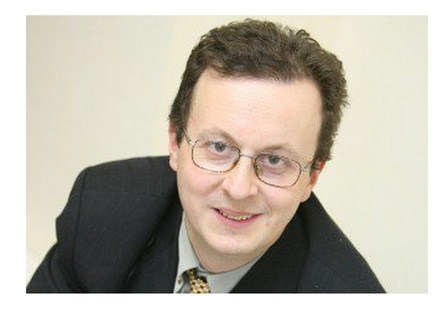
political analyst for the Voice of Russia radio station
There is no lack of reports on vote rigging, muzzling of the media and pressure on the main opposition party, the Georgian Dream, etc. On the other hand, the Western press, usually quick to react to similar allegations in Belarus or Russia, is remarkably lenient towards Saakashvili. Opposition’s preparations to protest against the results of an allegedly rigged vote, enthusiastically supported by Western media in countries like Belarus or Ukraine, are carefully underreported or just dismissed by the same media in today’s Georgia. The leader of the opposition, Bidzina Ivanishvili, unlike some other "dissident billionaires” in other countries of the Soviet Union, is not praised, but rather presented as an "oligarch.” The French daily Le Figaro even accused Ivanishvili of representing Russia’s interests (let’s not forget how indignantly the Western press reacts to rumors about Russian opposition’s connections to Western interests).
As for president Saakashvili, newspapers like The Washington Post or Le Monde are always ready to give him "the benefit of the doubt.”
Or lack of doubt, for that matter. The mainstream Western media almost never doubts: 1. Saakashvili’s interpretation of the war of the year 2008 as "a Russian aggression”; 2. The "humane” nature of Saakashvili’s numerous repressions against "the Russian agents,” who also happen to be his political opponents; 3. Saakashvili’s being on the right side in his numerous conflicts with just about all of his former political partners – former president Eduard Shevardnadze, Saakashvili’s own former prime minister Zurab Nogaideli, his own former defense minister and previously the chief aide Irakly Okruashvili.
Somehow, all of these men, as well as Georgia’s most famous woman (Saakashvili chief ally in the "rose revolution” of 2003, Nino Bourdjanadze, formerly the speaker of parliament) found themselves sidelined. Some of them were pushed to foreign lands, others politically marginalized (sometimes violently) inside their own country. According to the official version, all of them cracked up to be "enemies of the people” – and invectives used against them by the government officials remind one of the unforgettable style of another famous Georgian, Joseph Dzhugashvili (party nickname - Stalin).
In recent months Ivanishvili and Nogaideli found themselves facing multimillion fines for "illegal donations” to their own political parties and other irregularities. But somehow Georgia remains "the beacon of democracy” (the unforgettable expression of George Bush the junior) – at least in the eyes of the Western media. The reason? Jackson Diehl of The Washington Post unwittingly cited the main reason in his otherwise critical (by American standards) article about Saakashvili’s election: "For now, this is one country where U.S. influence remains paramount.”
So, if U.S. influence means democracy, then Georgia is the most democratic country on the face of the Earth. But, obviously, it doesn’t. Jackson Diehl himself writes about a $45 million fine imposed on Saakashvili; he writes about $620 thousand lobbying campaign conducted by Ivanishvili AGAINST Saakashvili in the United States. If Georgia is an independent country, why would someone waste so much money on campaigns in "electorally neutral” distant foreign lands?
"This is the main problem in Georgia: both the government and the opposition look up to support from the American politicians and from the American treasury,” said Alexander Tchatchia, the head of the Tbilisi-based Center for Globalization Studies. "No one really cares about Georgia’s independence.”
Mr. Ivanishvili, so unjustly suspected by Le Figaro of being a Russian agent, in fact promises to bring Georgia to NATO and the EU. But he promises to improve relations with Russia at the same time – and this is already a mortal sin for a Georgian politician in the eyes of the Western press. No doubt that his protest against the election’s results will be presented by that same press as "riots” and not as a "peaceful national revolutions.” So much for love of freedom and "peaceful revolutions.”



